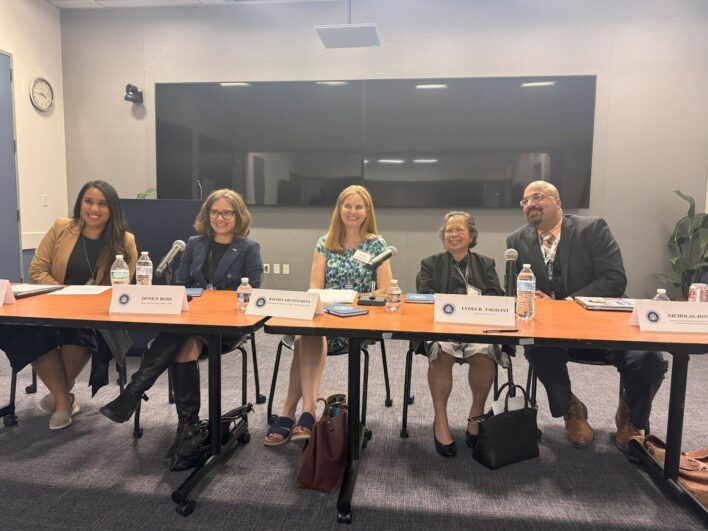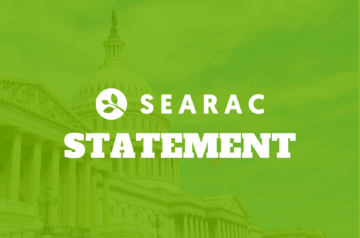By NCAPA partners, including SEARAC
Asian American (AA) and Native Hawaiian and Pacific Islander (NHPI) advocates applaud Congressional Asian Pacific American Caucus Chair Judy Chu, Senator Mazie K. Hirono, and other CAPAC members for urging the U.S. Office of Management and Budget (OMB) to take concrete and timely action on Statistical Policy Directive 15 (SPD 15). NCAPA and its member organizations celebrate this acknowledgment that our communities deserve to be seen, heard, and counted. We are heartened by these actions by congressional leaders as we continue to advocate for better, disaggregated data on AA and NHPI communities.
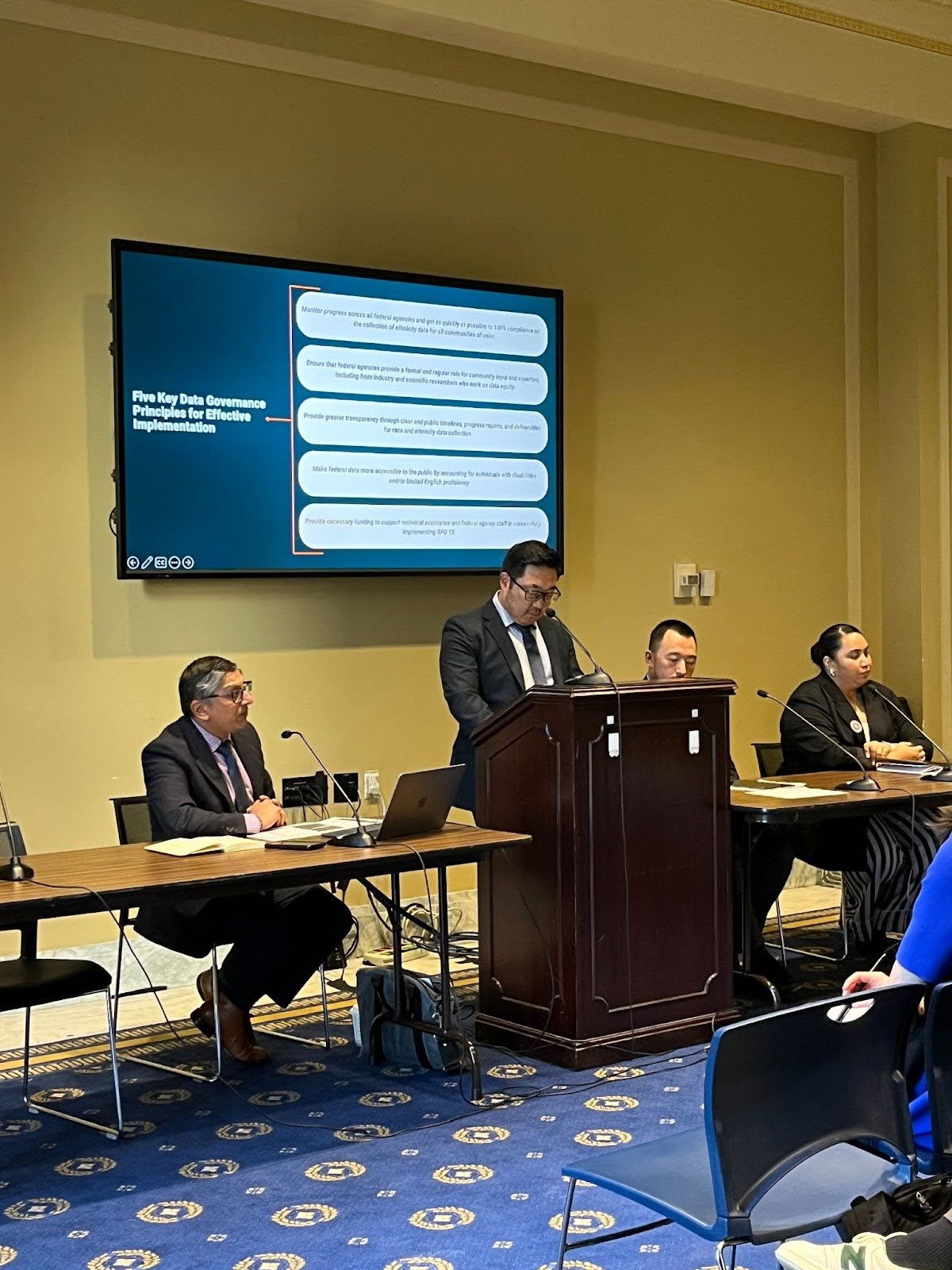
Aggregated data – or data that lumps all AA and NHPI groups together – continues to conceal inequities and disparities across AA and NHPI communities in education, housing, health, and other areas of everyday life. For example, according to data from the U.S. Census Bureau, around a quarter of Cambodian, Hmong, Laotian, and Vietnamese adults aged 25 and older do not have a high school diploma, compared to 12% of “Asians” overall and the total population.1 Many Native Hawaiian and Pacific Islander adults have not attained any postsecondary education, including 58% of Samoan, 57% of Tongan, 53% of Native Hawaiian, and 49% of Guamanian or Chamorro adults.2
We also see these disparities within housing. An estimated 40% of Asian Americans and 53% of Native Hawaiians and Pacific Islanders are renters3, and the Asian American homeownership rate is approximately 61%, lower than the national rate of 65%4. When it comes to health insurance and accessing care, AA and NHPI communities also continue to have disproportionately high uninsured rates such as 7.2% of Vietnamese Americans, 7.8% of Korean Americans and 12.4% for Native Hawaiian and Pacific Islander Americans5. These are just a few of the many examples that show just how crucial it is that data is disaggregated.
Better data leads to better policies.
Six months after the initial updated revisions to SPD 15 were announced, NCAPA’s Data Equity Working Group – co-chaired by AAPI Data, EPIC, Southeast Asia Resource Action Center (SEARAC), Asian Americans Advancing Justice | AAJC – and other key coalition members continue to work directly with policymakers and advocates at the national, state and local levels. Our goal is to ensure the timely and successful implementation of SPD 15 informed by community voices. Here are just a few of our collective efforts to support this work to date:
- Met with the Chief Statistician and Deputy Director of the Office of Management and Budget (OMB) to discuss the policy brief findings and recommendations from our joint report on May 1, 2024;
- Participated in a webinar with the White House Initiative on Asian Americans, Native Hawaiians, and Pacific Islanders (WHIAANHPI) and OMB on May 28, 2024 to inform the community of the revised changes;
- Supported a Use Case community campaign in response to the Chief Statistician’s inquiry on how disaggregated AA and NHPI data is being used to advance issues for the community;
- Hosted two briefings with congressional staff on SPD 15 implementation concerns and solutions;
- Co-designed and moderated two key conversations with OMB and federal agency officials on SPD 15 implementation
- Engaged with federal agencies ahead of the development of their SPD 15 agency action plans; and
- Published updated recommendations on SPD 15 implementation and an action framework and best practices report aimed at supporting the federal government’s plans to fulfill the data disaggregation requirements.
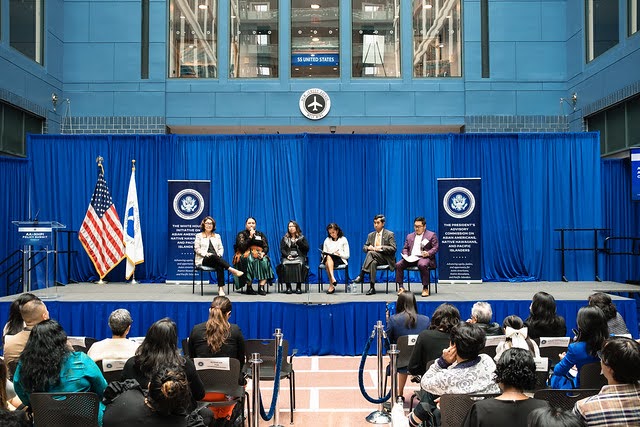
We want to ensure that any approaches taken by the federal government in collecting data on race and ethnicity assure that AA and NHPI communities are respected, recognized, and prioritized through detailed collection of data. Our coalition remains committed to the path forward, and remains concerned that provisions allowing agency exemptions to collecting detailed data will result in inconsistent implementation across all federal agencies.
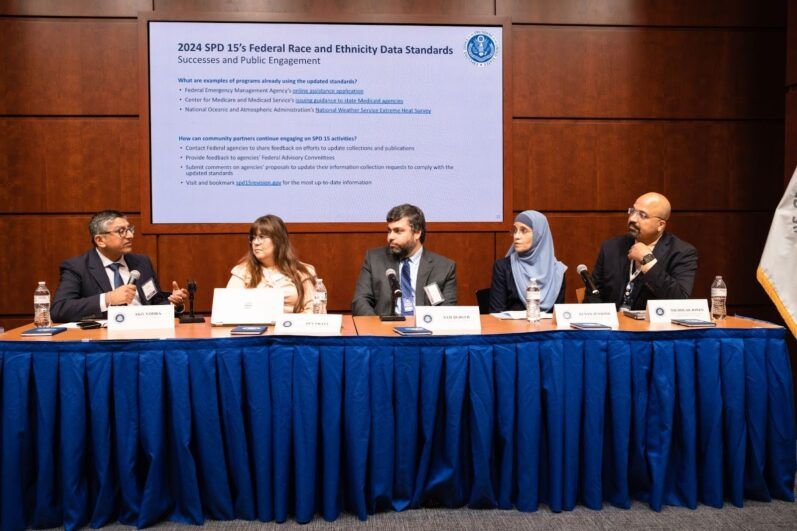
We recommend that OMB be judicious in its approach in granting such waivers, clarify in detail the methodology of granting such waivers, allow for community input into the waiver request process, and ensure timely, transparent, and detailed reporting on such waiver decisions and the rationale provided by OMB’s Office and Information and Regulatory Affairs (OIRA). We continue to hold the position that the cost of entire communities being overlooked by the federal government clearly outweighs the burden on any agency.
We further urge OMB and federal agencies to plan for, and facilitate, opportunities for regular public engagement ahead of the development of agency action plans. This will ensure timely communication and the cultivation of relationships and trust with AA and NHPI community partners. NCAPA and its member organizations continue to engage and support OMB, and its federal partners, such as through our recent report, and we remain committed to being collaborative partners as agencies plan for and develop agency action plans over the next 12 months, in anticipation of full implementation of the revised standards over the required 5-year period.
